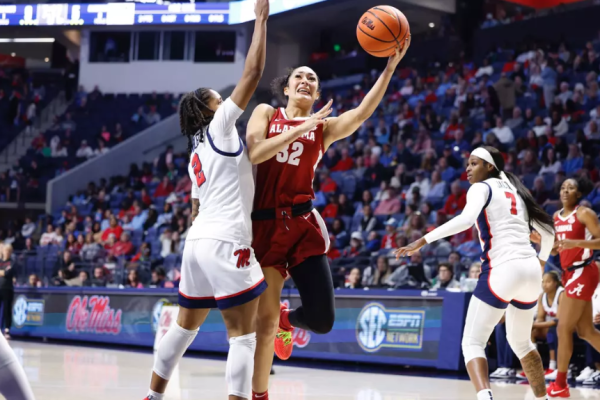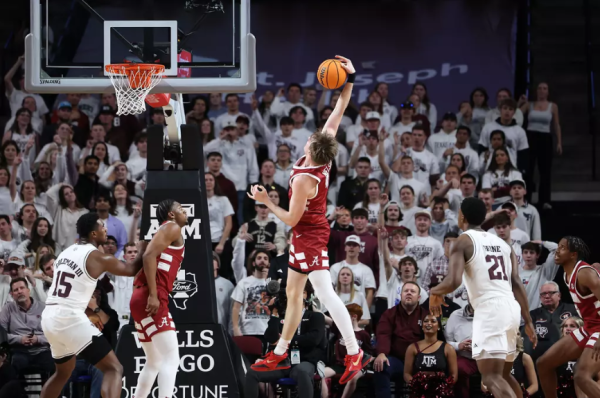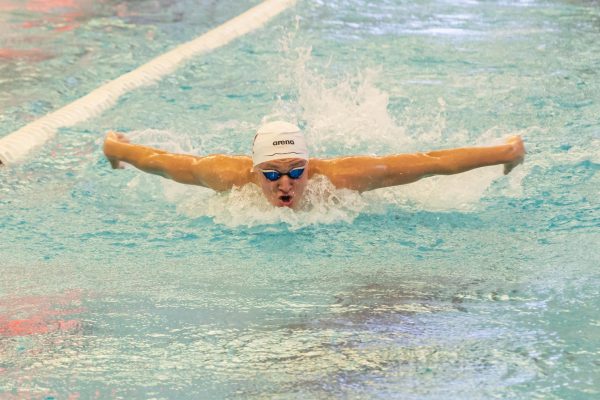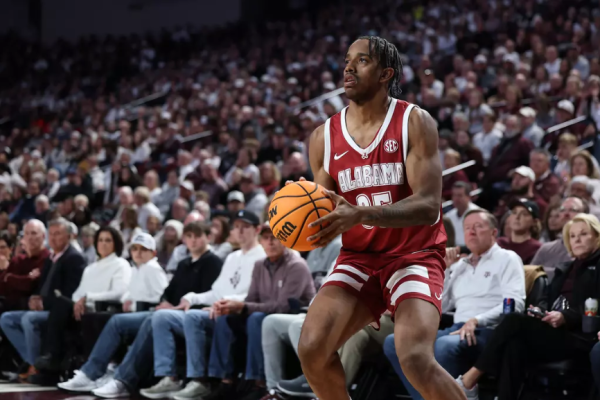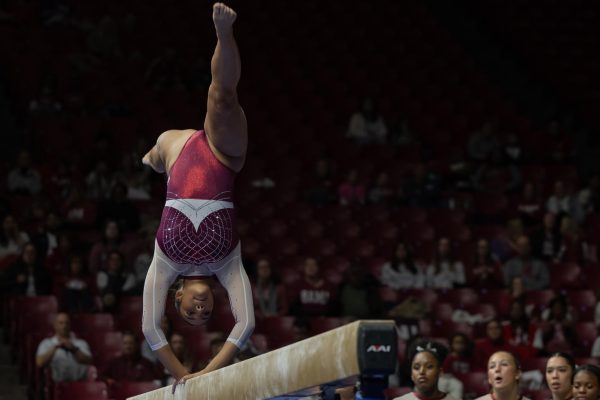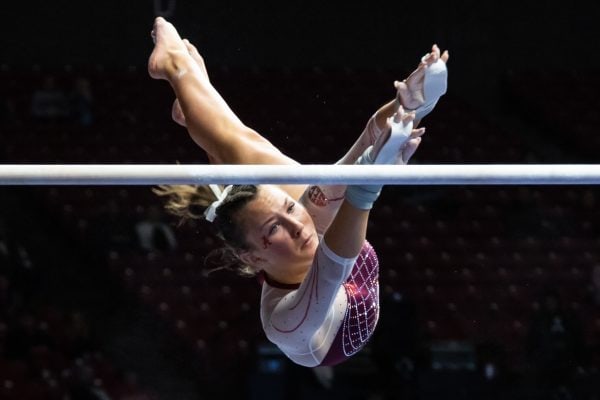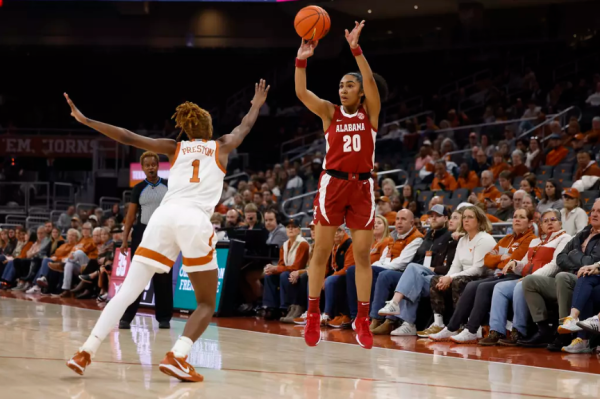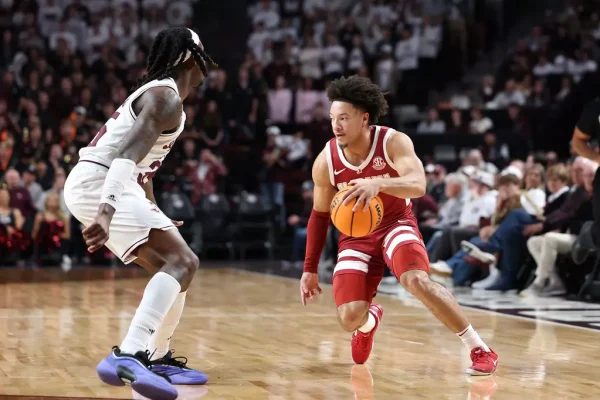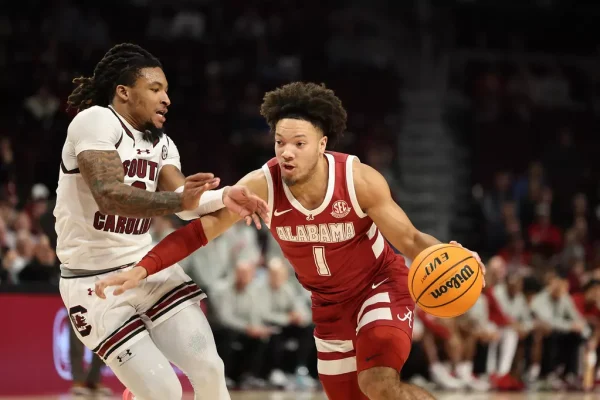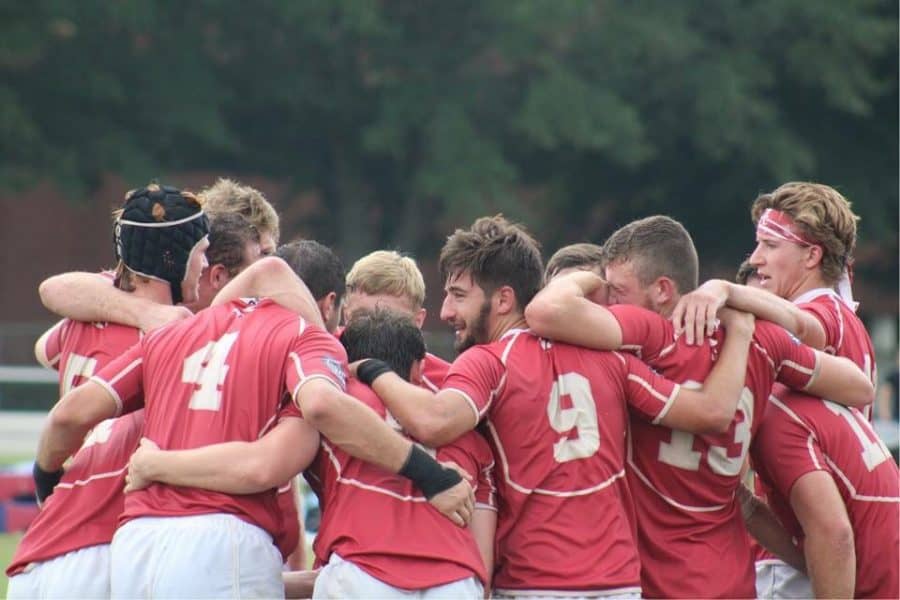A ‘shock to the system’: How UA club sports are handling COVID-19
While some teams are dealing with devastating losses, others seem unfazed by heightened restrictions
COVID-19 has turned the whole world upside down during the past eight months. The club sports industry has been no exception.
Although UA Varsity sports have gone through major adjustments, club sport teams have also had to adjust due to the pandemic. In order to mitigate the risk to the campus community, “the decision was made that no travel or competition would occur for the fall,” according to Laura Thomas, the Assistant Director of Sports Programs.
Thomas worked with club officers to create a phased plan of return for each team. She said that different sports are in different phases of their return due to the specific nature of the sport. However, most teams have been able to have strength and conditioning workouts and limited practices as a way for players to come together.
Men’s Rugby
For the Alabama Men’s Rugby team, COVID-19 has brought significant changes and challenges to their season. Coming off a national championship in early March, the team has had to try to keep spirits up despite restrictions and complications. Usually the team practices three days a week, with a film session and travel on the weekends. With COVID-19, the team has had to adjust to one passing practice a week, according to Brendan Donohue, a junior majoring in finance and the vice president of the club.
“Having one year without recruits is devastating, “Donohue said. “[We’re] doing our best but keeping spirits up is a big shock to the system.”
Ballroom Dancing
The UA Collegiate Ballroom Competition Team has also had to adapt to a new normal. Kristina Woodward, a senior majoring in international studies and German and the president of the club, said that the club has had issues with practice space and being able to work with partners. Due to COVID-19 guidelines, the team is now practicing outside on the University Recreation fields, where they primarily focus on solo work. Woodward hopes to be able to gain indoor practice space during the next semester, if guidelines allow.
Woodward said that even with the limitations, they are “focusing a lot more on strength and flexibility training, which is not exactly something we’ve focused on before.” She said they also have been focusing on “coming up with community service plans and fundraising plans” for their team to partake in.
Club Baseball
On the other hand, the club baseball team has been able to meet fairly consistently with workouts scheduled three times a week, according to Bob Soran, a senior majoring in mechanical engineering and the president of the club. He noted that the structure of practices and workouts are not different than what they would be usually. Soran said the biggest struggles with COVID-19 have been logistics and trying to “maintain engagement.”
Adam Smylie, a senior majoring in mechanical engineering and the vice president of the club, said one of the biggest struggles this season was planning tryouts for new members by having a multiple sessions limited to 20 people. Both Soran and Smylie agreed that they have had a successful season throughout the pandemic and have not had any outbreaks within their community.
Running
Another club that has been relatively unaffected by the pandemic is Run UA.
“We’re one of the lucky sports, because running’s one of the few sports people were able to do during quarantine, so we were allowed to start before most of the other sports,” said Meredith Parks, a senior majoring in mechanical engineering and the president of Run UA.
Parks said the only differences for this season are that the team must wear masks before and after running, and they cannot host social events. Even with the complications of social distancing and the cancellation of many events, they were still able to gain new members throughout the semester and from the virtual Get On Board Day hosted earlier this fall.
Although COVID-19 has certainly made it harder for teams to come together and compete, it has allowed the Office of Sports Programs to develop and utilize assessment tools to gauge each program’s needs. Thomas also said that they have taken advantage of this time to market some of their programs in different ways to students around campus.
The Office of Sports Programs have been working on possible plans for the spring but they might not be finalized until after the new year.
“We are here to work with the students and to work for them, [and] the priority has to be on the safety of the community,” Thomas said.



